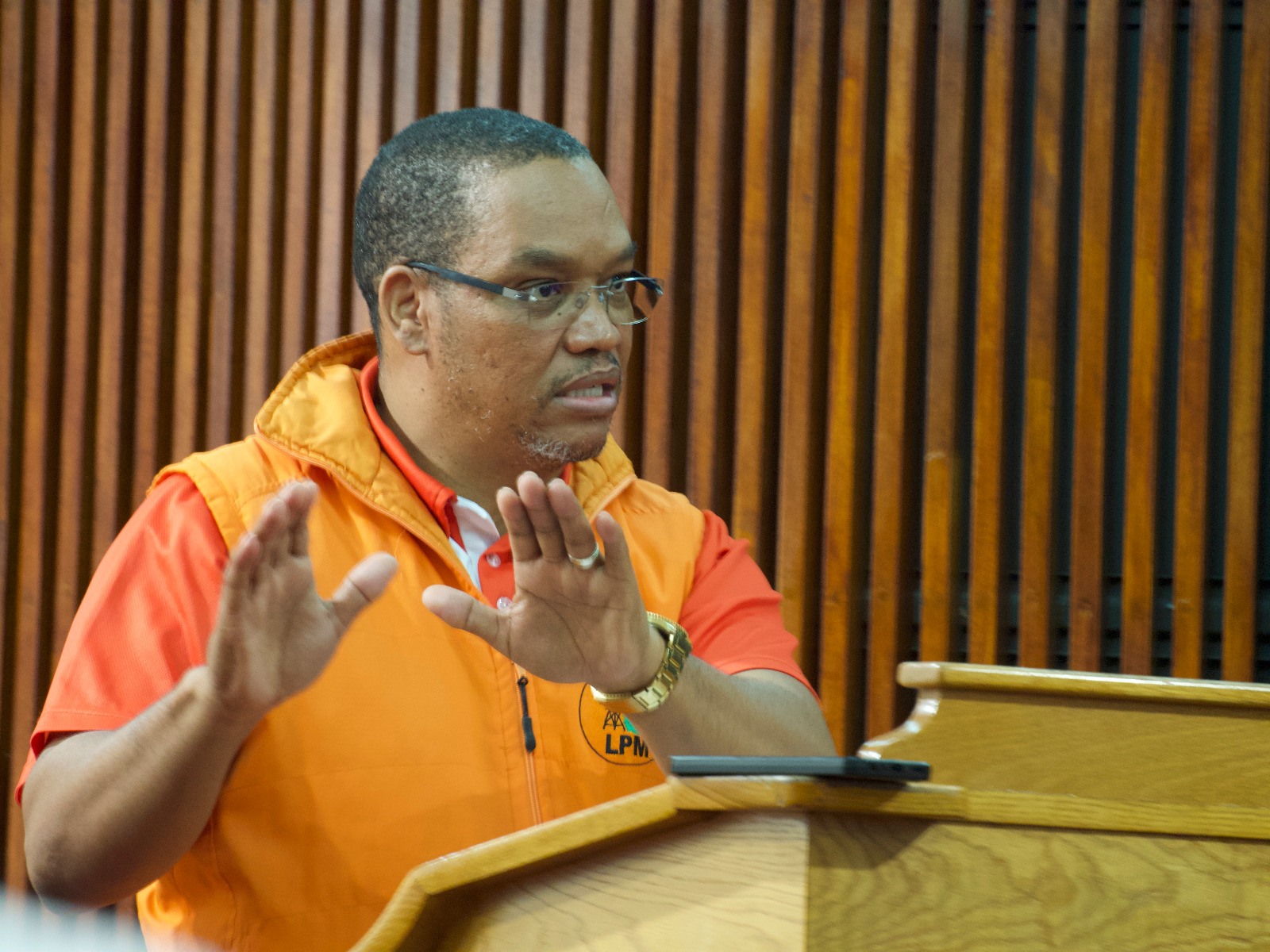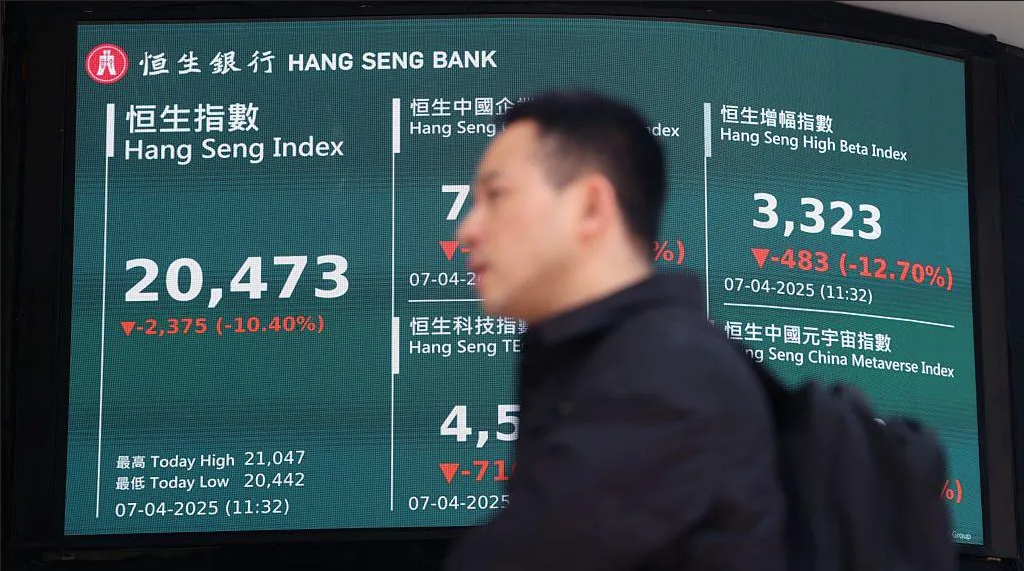Police inspector general Joseph Shikongo has warned “lazy” police officers and prosecutors who blame each other for missing or misplaced dockets.
This results in endless delays in court cases, he says.
“But then you also find lazy police officers and prosecutors, who will say the docket is with the police, and the police will say the docket is at the court.
“These are the issues we need to stop,” he says.
Shikongo says law-enforcement agencies should serve the public with humility and integrity.
“In the Namibian police, we have registered cases of lazy police officers where a docket went missing or a docket is misplaced, and they come and say they recall we had a case,” he says.
According to Shikongo, a specific docket was sent to an officer years ago, yet the officer kept insisting the docket was at the Office of the Prosecutor General.
“One day we said let’s go and look for that docket. We found the docket in his office. These are the issues. There may be other dockets that are misplaced somewhere else,” he says.
He says incidents such as these fuel growing frustration and dissatisfaction among the public.
WORKSHOP
Shikongo made these remarks at a five-day workshop at Swakopmund this week.
The workshop is being attended by police officers and public prosecutors.
Shikongo called on officers to improve their service delivery by doing introspection.
“Integrity and humility will serve us,” he said.
Speaking at the same event, prosecutor general Martha Imalwa said in the past, prosecutors have prosecuted on theft, assault, housebreaking, normal fraud and normal corruption.
“Currently, we are talking about emerging crimes, and I want you as prosecutors to take note that Namibia is respected internationally.
“If you are not fighting crime then no one would want to come to our country,” she said.
Attorney general Festus Mbandeka said cases of sexual and gender-based violence against women and children remains alarmingly high.
He said such cases require meticulous study and diligent presentation of evidence to ensure successful prosecution.
“Therefore we require proper and ongoing coordination between all law-enforcement agencies,” Mbandeka said.
‘NOT INTERESTED IN TESTIFYING’
Human rights lawyer Kadhila Amoomo said there are officers who are not interested in testifying in courts, but only in arresting suspects.
Amoomo said he supports Shikongo’s sentiments that there are lazy police officers who deliberately withhold information from the court and deliberately do not bring dockets to court.
“This is because of the fact that if you are involved in a trial, you will be spending your whole day at court just testifying, and many police officers are not interested in that,” he said.
He said this results in many cases being withdrawn.
The lawyer said once confidence in the judiciary is lost by the public it is difficult to recover.
“Public trust is crucial,” he said.
According to Amoomo, in the past five years, public confidence in the Namibian judiciary has been on the decline, with various stakeholders to blame.
“It is not only police officers and prosecutors but also lawyers and presiding officers. Everyone must play a role so that we retain our public confidence in our judiciary,” he said.
NOT IMPRESSED
Amoomo said he is worried that the government is importing judges from Zimbabwe into the country’s mainstream judiciary.
“They come from a judiciary with very little public confidence. For them now to be imported into our judiciary simply doesn’t make sense. It would make sense if their judiciary was ranked above ours,” he said.
COMPROMISING QUALITY
Asked what impact delays in court cases have on the rights of both victims and accused, Amoomo said it compromises the quality of the proceedings.
“The further the matter is delayed, the more the memory of the witnesses is compromised,” he said.
“The more delays in proceedings, the more the accused person’s preparations are hindered. It also has a financial impact on the accused person, because lawyers’ fees keep going up,” he said.
“The quality of the entire trial is affected by the availability of witnesses as time goes on. Their addresses may change and some may pass away, and this affects the outcomes of proceedings,” he said.
COURT BACKLOG
Speaking at the opening of the 2023 legal year at the Supreme Court in Windhoek in February, chief justice Peter Shivute said during the past year judges dealing with civil cases in the High Court attended to 10 014 matters, of which 6 465 have been finalised.
Also during 2022, 1 012 civil cases were referred for court-connected mediation, resulting in out-of-court settlements in 332 of those matters.
In the High Court, judges presided over 140 criminal trials, of which only 20 were completed in the court’s main division in Windhoek during 2022.
Of the criminal cases on the High Court’s roll during 2022, 63 involved violence against women and children, and 21 involved fraud or theft, Shivute said.
The country’s lower courts dealt with 64 536 cases in the past year and finalised 26 756 matters, he reported.
That figure is 9 065 more than the number of cases concluded in the lower courts during 2021, he said.
Stay informed with The Namibian – your source for credible journalism. Get in-depth reporting and opinions for
only N$85 a month. Invest in journalism, invest in democracy –
Subscribe Now!










